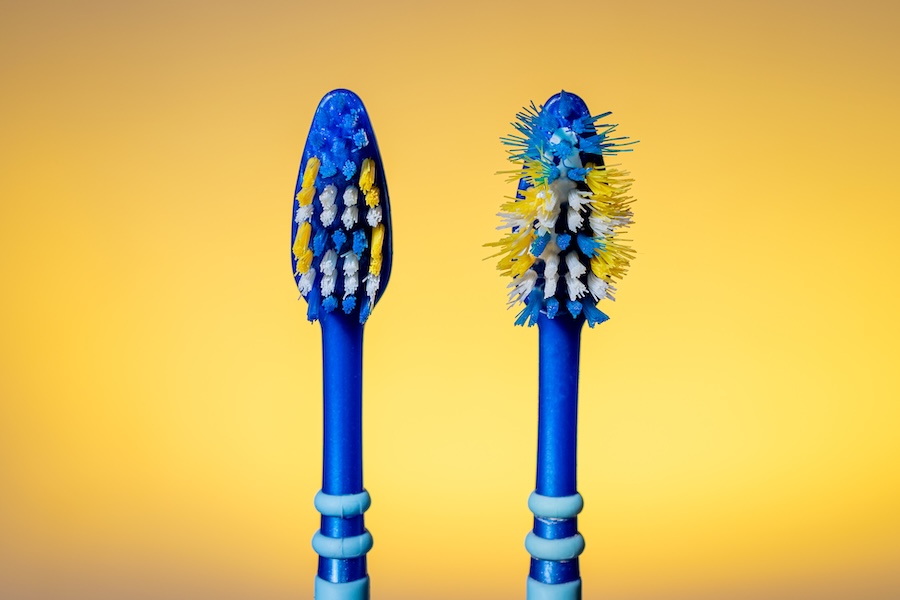
Are You Brushing Too Hard? How It Affects Your Gums & Enamel
October 15, 2025 9:00 amBrushing twice a day is one of the best habits you can have for a healthy smile—but did you know how you brush matters just as much as how often? At Magnolia Dental in Mabank, TX, Dr. Gerard Macy, Dr. Odelia Kim, and Dr. Tanner Anglin often see patients who take oral hygiene seriously—but their enthusiasm sometimes works against them.
Brushing too hard may feel like you’re giving your teeth an extra-deep clean, but in reality, it can wear away enamel and irritate your gums.
The Hidden Effects of Aggressive Brushing
Tooth enamel is strong—stronger than bone, in fact—but it’s not indestructible. When you apply too much pressure while brushing, it can gradually wear down this protective layer. Over time, that can lead to sensitivity, especially to hot or cold foods, and even increase the risk of cavities.
Your gums are also at risk. Brushing too hard can cause them to recede, exposing the more delicate root surfaces underneath. This not only affects your smile’s appearance but can also lead to discomfort and a higher chance of developing gum disease.
How to Tell If You’re Brushing Too Hard
Many people don’t realize they’re brushing too aggressively until a dentist points it out. Some signs to watch for include:
- Gum recession (teeth looking “longer” than they used to)
- Tooth sensitivity, especially near the gumline
- Frayed toothbrush bristles
- Small notches or grooves at the base of teeth
If any of these sound familiar, it’s worth taking a closer look at your brushing technique.
Gentle Techniques for Healthier Teeth and Gums
You don’t need to scrub to get clean teeth—gentle, consistent brushing is far more effective. Here’s what our team at Magnolia Dental recommends:
- Use a soft-bristled toothbrush to reduce friction against enamel and gums.
- Try an electric toothbrush with a pressure sensor—it lets you know if you’re pressing too hard.
- Hold your toothbrush at a 45-degree angle toward the gumline and use short, circular motions instead of back-and-forth scrubbing.
- Replace your brush or brush head every three to four months, or sooner if the bristles start to splay.
Electric toothbrushes can be especially helpful for over-brushers because they handle the motion for you—all you need to do is guide it gently.
Healthy Brushing Habits at Magnolia Dental
Brushing harder doesn’t mean brushing better—it just puts your smile under unnecessary stress. The key is to find the right balance between thorough and gentle.
At Magnolia Dental in Mabank, our friendly dental team can show you simple ways to protect your enamel, care for your gums, and make brushing more effective without overdoing it. If you’ve noticed gum recession or tooth sensitivity, it might be time for a quick checkup.
Schedule your visit today, and let’s make sure your brushing habits are helping—never hurting—your smile.
Categorised in: Gum Health, Oral Hygiene
